China plans to carry out more than 70 launch missions this year, according to the nation's major space contractors.
China Aerospace Science and Technology Corp, the nation's dominant space enterprise, has more than 60 launch missions planned for this year, and it aims to deploy more than 200 spacecraft in orbit, according to the Blue Book of China Aerospace Science and Technology Activities in 2022, which was compiled and published by the company last month.
The document reviews China's space programs during the past year and briefly introduces CASC's plans for the next 12 months.
The planned spaceflights include two manned missions — Shenzhou XVI and XVII — and the Tianzhou 6 robotic cargo flight to the newly assembled Tiangong space station.
Three backup satellites for the Beidou Navigation Satellite System are scheduled to be launched to further strengthen the reliability of the network, currently China's largest civilian satellite system and one of four global navigation networks. The system has 45 satellites in active service at present.
In addition, the blue book says that CASC will place dozens of Earth-observation, weather, communications and experimental satellites to serve socioeconomic development.
In addition to the rocket launches, the company will continue with the research and development of the Tianwen 2 asteroid probe and the Chang'e 7 lunar probe, according to the document. The Tianwen 2 mission is scheduled for launch in about 2025 to deploy a probe on an asteroid to collect and bring back soil samples.
The Chang'e 7 mission will land a sophisticated multipart spacecraft on the moon's South Pole sometime around 2026 to search for traces of water, investigate the satellite's environment and weather, and survey its landform.
Another State-owned space contractor, China Aerospace Science and Industry Corp, is planning 10 spaceflights using its Kuaizhou 1A and Kuaizhou 11 solid-propellant rockets.
In addition to the State-owned actors, several private companies plan to launch many of their own rockets. However, project managers have said that the implementation of their schedules depends on whether government-run launch bases can spare service towers for them to use.
Last year, China conducted 64 rocket liftoffs, transporting 188 spacecraft into space, which were both national records.












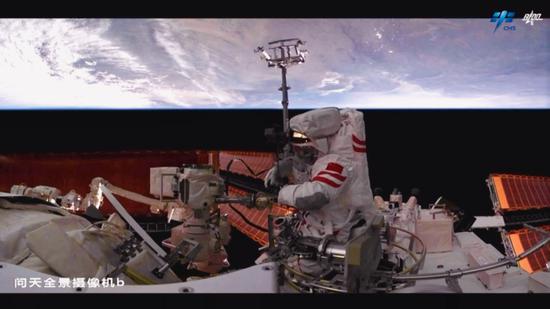


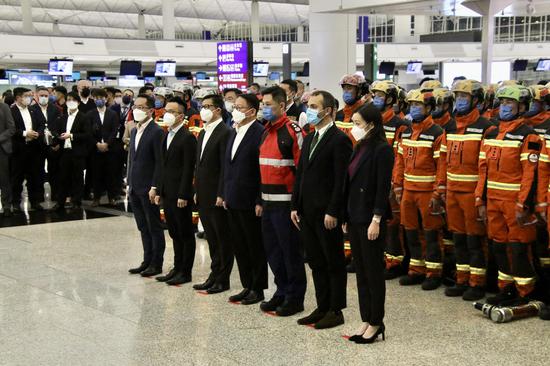


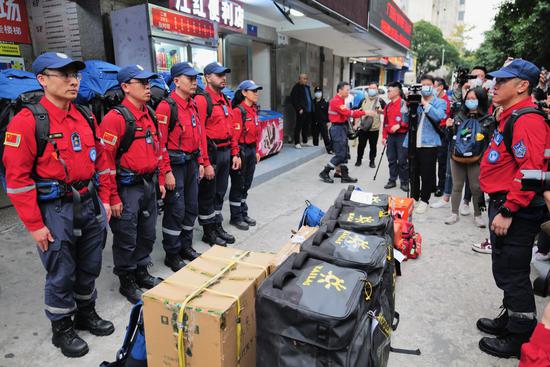


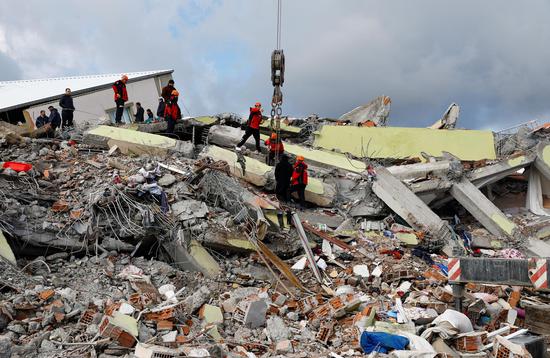
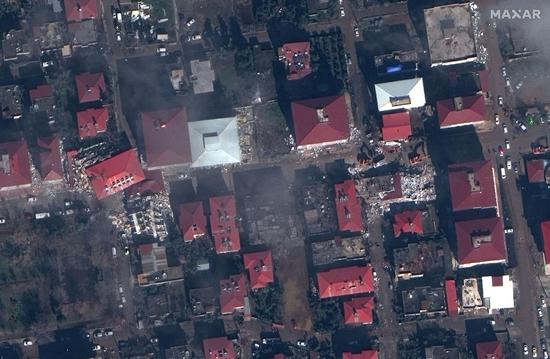
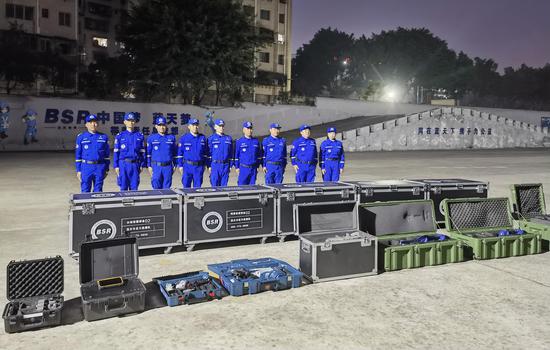
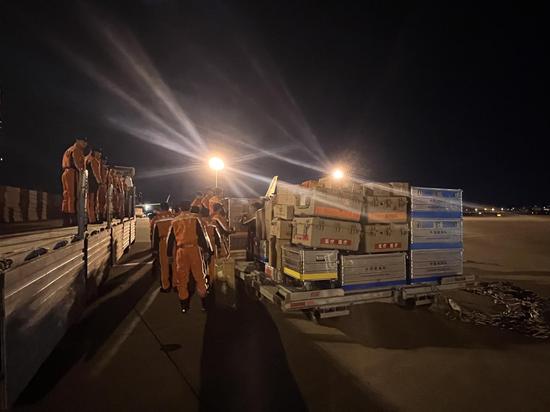


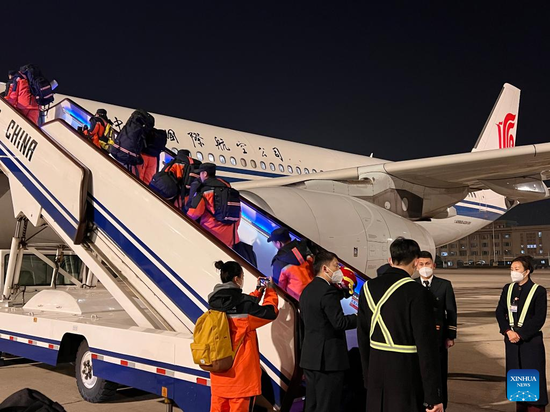



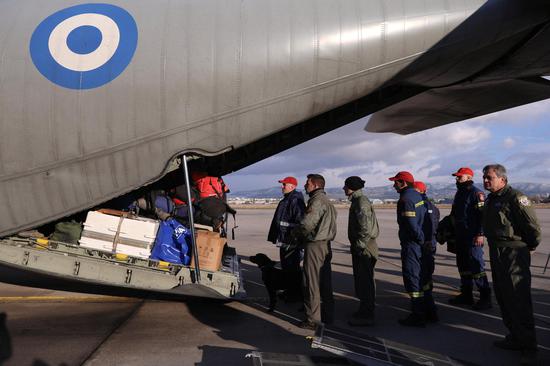




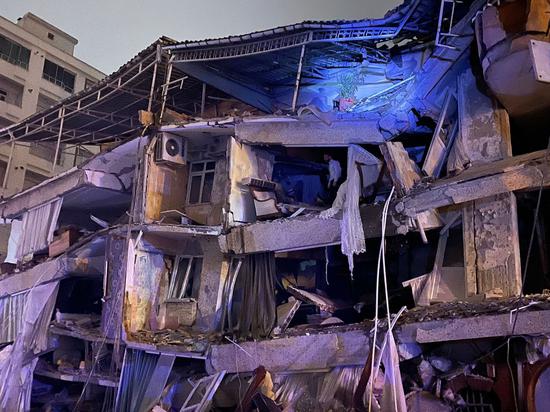
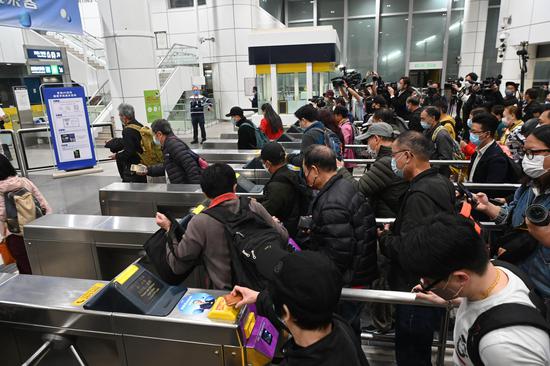





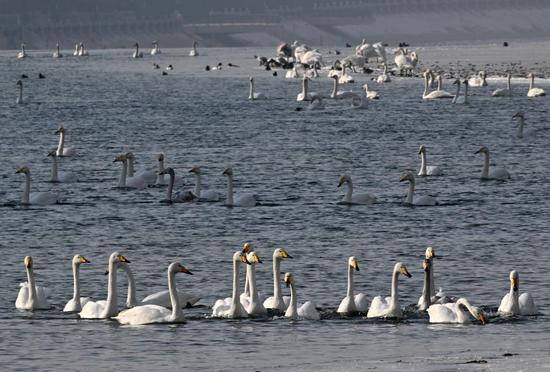






 京公网安备 11010202009201号
京公网安备 11010202009201号